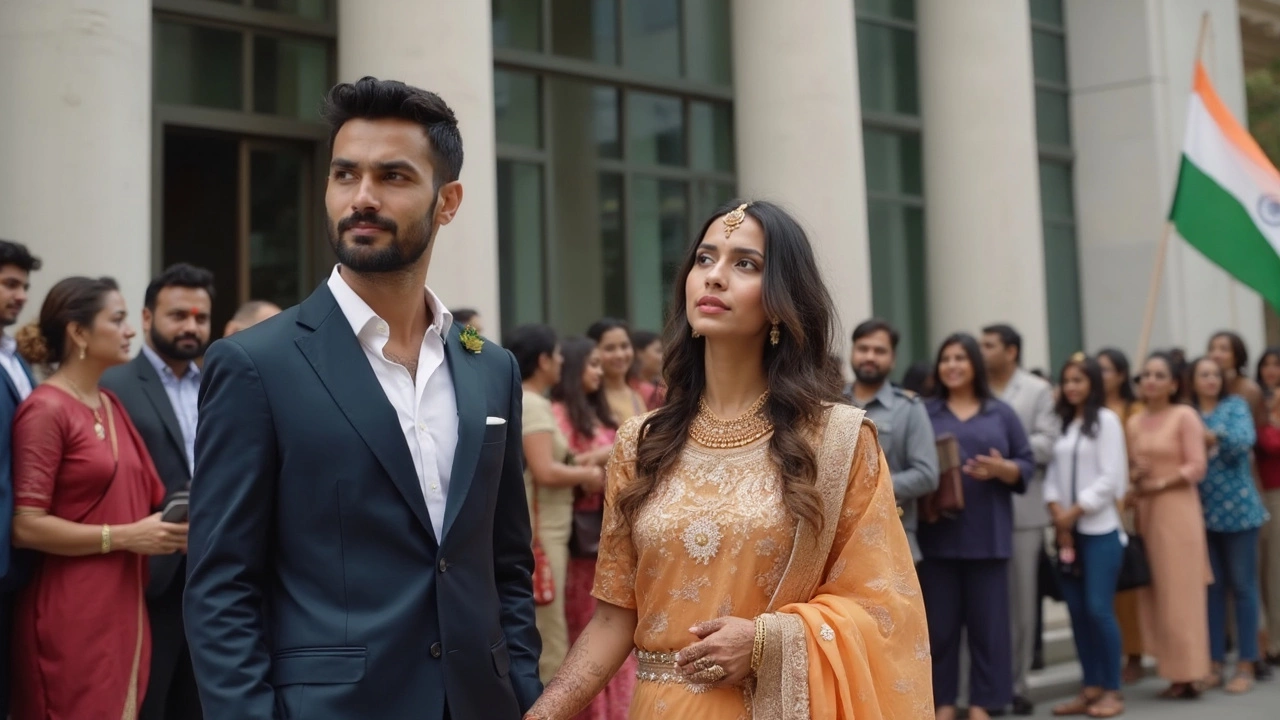Indian Marriage Laws: What You Need to Know in Plain English
Getting married in India feels exciting, but the legal side can feel confusing. Do you really need a marriage certificate? What happens if you skip registration? This guide breaks down the most common questions about Indian marriage laws, why registration matters, and how to keep your rights safe.
When Is a Marriage Legally Valid?
Under the Hindu Marriage Act, the Special Marriage Act, and other personal law statutes, a marriage is considered valid if two people meet a few basic conditions:
- Both parties are of legal age (18 for women, 21 for men).
- They are not within the prohibited degrees of relationship.
- They give free, informed consent – no force, no fraud.
- There is a solemnisation ceremony performed by a recognized authority (a priest, magistrate, or registrar).
If all these boxes are ticked, the marriage is legally binding even without a certificate. Courts have upheld that a marriage performed according to personal law is valid, but proving it later can be a headache without paperwork.
Why Register Your Marriage?
Registration isn’t mandatory for the marriage to be valid, but it gives you solid proof. A marriage certificate helps you:
- Apply for a passport, visa, or bank account in your spouse’s name.
- Claim inheritance, family pension, or government benefits.
- File for divorce or alimony with clear evidence of the marriage date.
Without registration, you may need to produce witness statements, old photographs, or affidavits – all of which can delay court cases.
How to Register Quickly and Avoid Common Mistakes
Here’s a step‑by‑step plan you can follow:
- Collect documents: Birth certificates, address proof, passport‑size photos, and an affidavit stating that you are not married to anyone else.
- Visit the nearest Sub‑Registrar Office: Most offices have a dedicated “Marriage Registration” window.
- Fill the application form: It’s short – name, age, religion, and the date of solemnisation.
- Pay the fee: It varies by state, usually between ₹300 and ₹1500.
- Get the marriage certificate: You’ll receive it on the same day or within a week, depending on the office.
Watch out for these pitfalls: missing a signature, using an outdated address, or forgetting to bring the affidavit. A quick checklist before you leave home can save you a trip back.
Common FAQs About Indian Marriage Laws
Can I get a divorce if my marriage isn’t registered? Yes, but you’ll need extra proof – like wedding photos, joint bank statements, or testimonies – to convince the court.
Do inter‑faith couples need a special ceremony? They can marry under the Special Marriage Act, which requires a 30‑day notice period and a court ceremony.
What about same‑sex marriage? As of now, India does not recognize same‑sex marriage legally. Couples can register a partnership, but it won’t have the same legal benefits.
Understanding these basics helps you avoid surprises later. Whether you’re planning the wedding or already married, keeping a copy of your marriage certificate in a safe place is a smart move.
Got more questions? Browse our other articles like “Is Indian Marriage Valid Without Registration?” and “Quickest Way to Get Married in India: Marriage Registration Tips” for deeper insights. Stay informed, stay protected.
Register Marriage in the US: What Indians Need to Know
Caught between two countries? Wondering if you can register your marriage in the US as an Indian or NRI? This article uncovers how marriage registration works overseas, why it matters for Indians, and how it connects with Indian authorities. Get straight answers, practical tips, and what nobody warns you about—before you tie the knot or get your marriage certificate.
